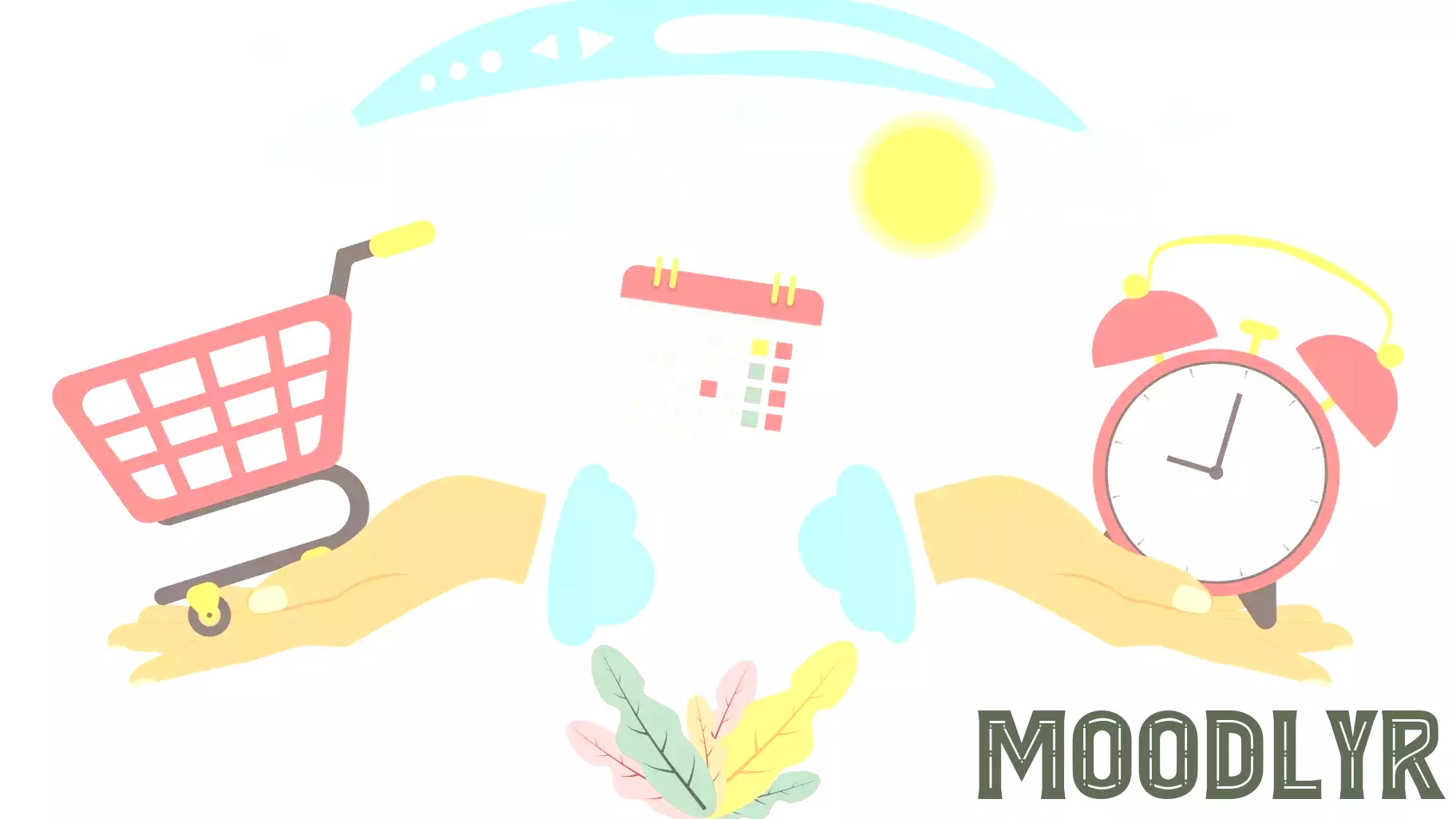The Psychological Pitfalls of "Buy Now, Pay Later" Schemes
May 23, 2025 - 00:39

In an era where instant gratification reigns supreme, "Buy Now, Pay Later" (BNPL) schemes have become increasingly popular among consumers. While these payment options offer immediate access to products without upfront costs, they can also lead to significant financial pitfalls. A psychologist explains that decision fatigue plays a crucial role in this phenomenon.
When faced with numerous choices, individuals often experience mental exhaustion, leading to impulsive decisions. BNPL options exploit this vulnerability by allowing consumers to make purchases without considering the long-term consequences. The allure of owning a desired item immediately can overshadow the reality of accumulating debt, creating a false sense of financial security.
Moreover, the ease of these transactions can lead to overspending, as consumers may not fully grasp the total cost of their purchases. As monthly payments accumulate, many find themselves trapped in a cycle of debt that can be challenging to escape. Understanding the psychological mechanisms at play is essential for consumers to navigate this seductive shopping trap responsibly.
MORE NEWS

February 21, 2026 - 02:30
Home Really Is Where the Heart IsThe age-old saying `home is where the heart is` is more than just a sentimental phrase; it is a neurological reality. New research suggests that the profound feeling of home is an idea we...

February 20, 2026 - 05:37
Racist Attitudes Linked To Future Psychological Distress – But Could Both Be Fueled By Something Else?A new research study is challenging the straightforward assumption that holding racist views directly causes future mental health problems. While confirming a link between prejudiced attitudes and...

February 19, 2026 - 04:05
UWM Professor Uses Sport Psychology Research to Solve Real-World ProblemsProfessor Barbara Meyer possesses a uniquely analytical lens that she applies to nearly every situation. Whether she`s guiding Olympic athletes, consulting with a university soccer team, or simply...

February 18, 2026 - 03:25
Why couldn't Ilia Malinin handle the pressure? Sports psychologists offer their thoughtsThe recent performances of top athletes have reignited a crucial conversation within the world of elite sports: the immense psychological burden of competition. While the spotlight often falls on a...